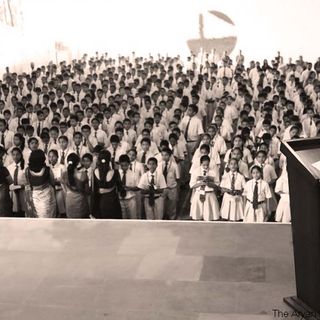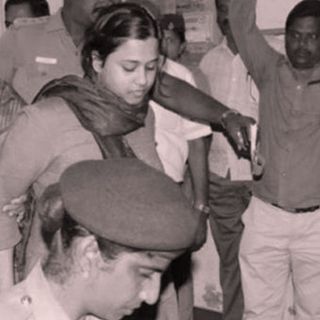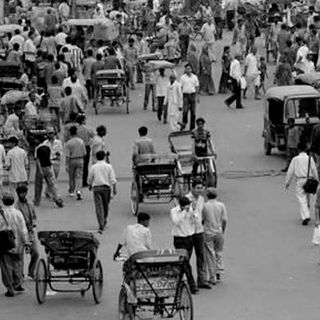This morning, history was made. The Supreme Court judgement overturning Section 377 and decriminalizing homosexuality finally acknowledges that the LGBTQ+ community in India has the right to live, and love, as much as any other citizen. The Constitutional bench, headed by the Chief Justice of India, Dipak Misra, comprised Justices Fali Nariman, AM Khanwilkar, DY Chandrachud, and Indu Malhotra. These judges also released public statements, sympathizing with the 68 years of anguish inflicted on India’s queer community by Section 377, calling the law ‘unconstitutional,’ and urging the Central government to reduce the stigma surrounding sexual minorities.
“What is the ‘order of nature?’ State cannot decide the boundaries between what is permissible or not. Section 377 is based on deep-rooted gender stereotypes. It persecutes people. It is a majoritarian impulse to subjugate a sexual minority to live in silence,” said Justice Chandrachud in his statement following today’s verdict.
But as celebrations break out across the country, it’s worthwhile to keep the bigger picture in mind. Repealing Section 377, as groundbreaking as it might feel, is simply the act of acknowledging it was an archaic colonial law that violated the fundamental rights of millions of Indians. It had no place in the Constitution of the largest democracy in the world.
This is not to dismiss this landmark judgement. To have members of the Supreme Court state, in no uncertain terms, that our society owes an apology to the LGBTQ+ community; that, contrary to what many people suggest, homosexuality is not a mental disorder; and that the bodily autonomy and dignity of queer Indians must be protected and upheld — is invaluable. It is a step towards healing years and years of harm. And a promise that, maybe, the queer youth in this country will have an easier path than the generations before them.
In the midst of our parties, as badass and joyful and celebratory as they’re going to be, our reality is sobering. There is no legal protection against discrimination in the workplace and hiring practices, especially in the private sector, where homophobia and harassment is rampant. Marriage, adoption, and family law as it stands, does not accept same-sex partnerships, meaning that same-sex couples aren’t recognized as having the same rights over their children, or in respect to each other. To the horror of activists and sex workers, the anti-trafficking bill passed by the Lok Sabha in July, criminalizes the transmission or exposure to HIV (of which the LGBTQ+ community is at a high risk) as well as categorizes the giving of chemical hormones to accelerate sexual maturity as an “aggravated offence” — which will obviously affect transgender people seeking to transition.
While our current government has stayed silent on the issue throughout the deliberations, refusing to take a clear position but allowing some of its more controversial members to cast same-sex relationships as both anti-Hindu and a threat to national security, its reaction to the verdict remains to be seen. And to state the obvious, a judicial verdict doesn’t necessarily change the minds of a society whose conservatism has inflicted violence against the queer community again and again and again.
“It is difficult to right a wrong by history,” said Justice DY Chandrachud today. “But we can set the course for the future. This case involves much more than decriminalizing homosexuality. It is about people wanting to live with dignity.” So, we look ahead, attempting to heal and knowing that the struggle for equality is only just being realized.




